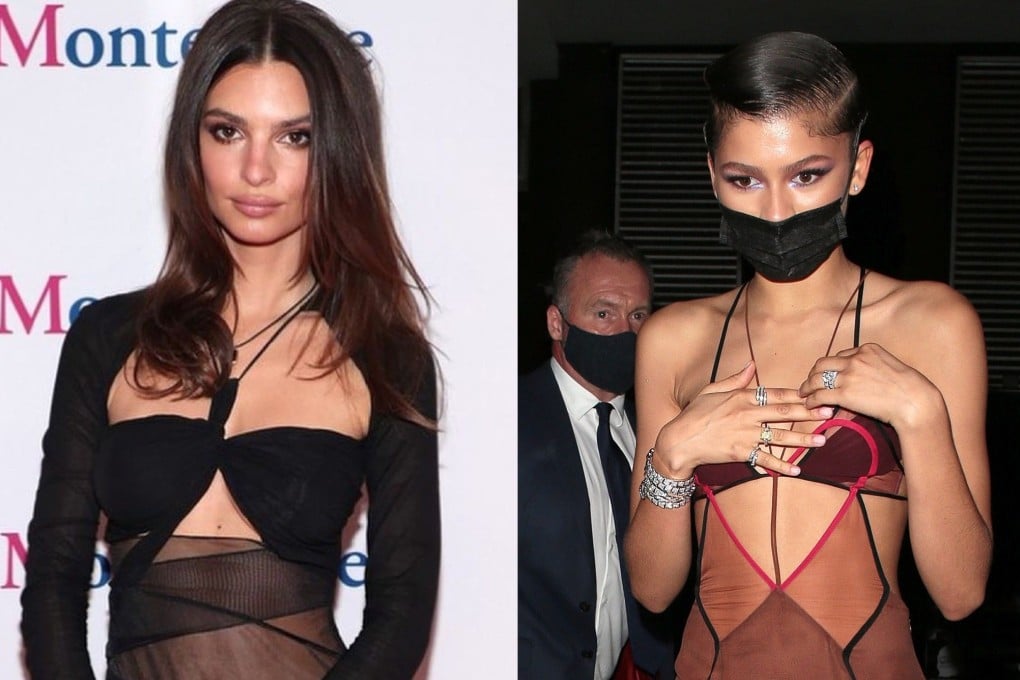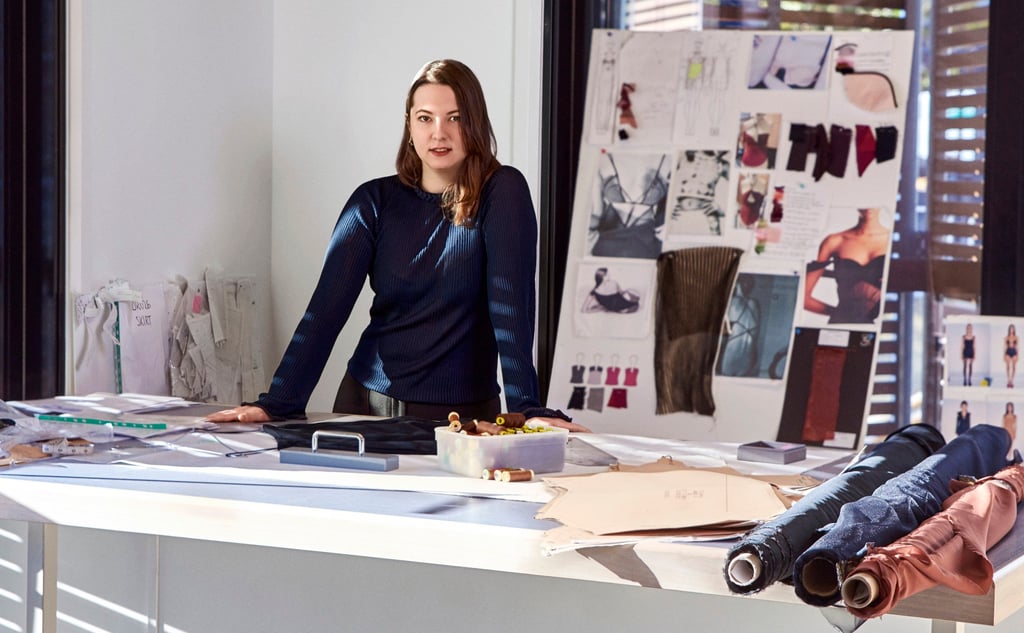Worn by celebrities like Zendaya and model Emily Ratajkowski, fashion designer Nensi Dojaka’s clothes explore interplay between sensuality and strength
- Dojaka’s lingerie-inspired designs exploring the balance between sensuality and ‘making women feel empowered’ have earned a celebrity following
- The designer’s new capsule wardrobe for French luxury retailer 24S.com reinforces that aesthetic and is inspired by Parisian femininity and light, she says

Nensi Dojaka is interested in balance. The Albanian-born, London-based fashion designer and winner of the coveted 2021 LVMH Prize has built an entire aesthetic, and brand, around it.
At the heart of Dojaka’s designs is exploration of the tensions between femininity and strength, sensuality and empowerment. In recent collections, she has introduced tailoring and more masculine-influenced pieces that further add to this proposition.
“I always play with the idea of having these pieces that are edgy and a bit out there, so bold, but they’re also very feminine.

“When I design and I think about looks, if I have a look that is a bit more on the aggressive side, I always have a very lightweight bottom because for me, this fragile and delicate part is very important. Because this is how I see women, you know, between … strong and delicate. This is how femininity is for me, about the balance of both,” says Dojaka.